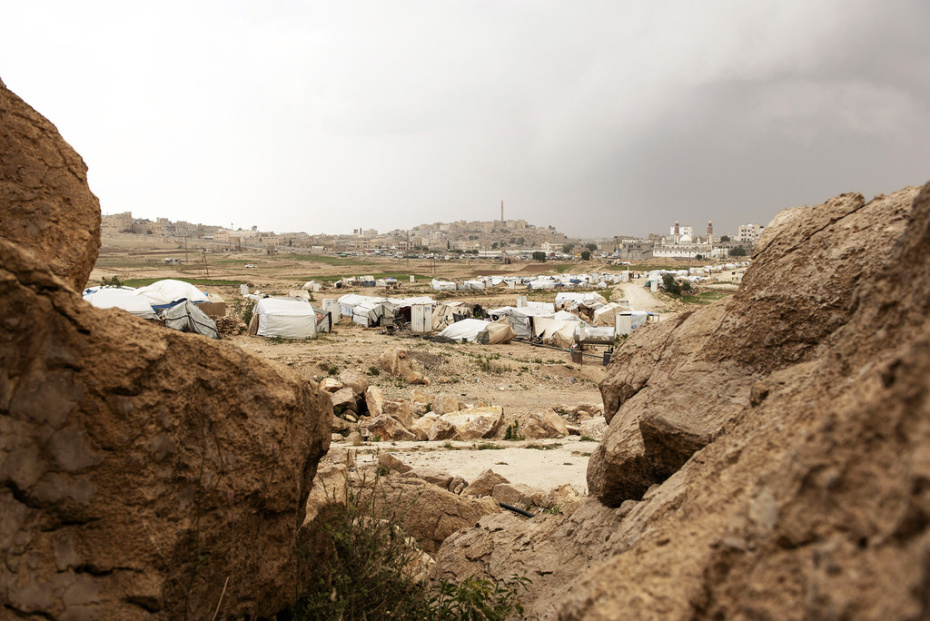Строка навигации

Yemen: Combatants ‘have to find strength’ to end fighting, says UN humanitarian official

“Innocent Yemenis continue to die and suffer because of this terrible war,” Lise Grande, UN Humanitarian Coordinator in Yemen, said in a statement on Saturday.
Recent fighting in #Hudaydah & #Taizz resulted in civilians killed & injured and civilian infrastructure destroyed.
— OCHA Yemen (@OCHAYemen) October 17, 2020
“Innocent Yemenis continue to die & suffer because of this terrible war,” said Hum Coordinator in #Yemen Ms. Lise Grande.
Statement: https://t.co/FiDcjxf4I2 pic.twitter.com/QTSlK3mzlL
Since the end of September, several civilians – including children – have been killed and many more injured in fighting in Hudaydah governorate and Taizz, according to the statement. Important civilian infrastructure, including schools and health centres have also been damaged.
“We share our condolences with the many grieving families and wish the injured a swift recovery, added Ms. Grande.
Famine looming
In the statement, Ms. Grande also said that with famine looming and funding for humanitarian assistance running out, the parties “have to find the strength” to end fighting and start dialogue.
“We have to be clear, absolutely clear about this … Parties which have taken up arms are responsible, morally and legally, for doing everything possible to protect civilians and ensure they receive the assistance they are entitled to and need,” she stressed.
“There are political options on the table to end the fighting and move to political dialogue. With famine looming and funding running out, the parties have to find the strength and courage to do this,” added the UN official.
World’s worst humanitarian crisis
Yemen remains the world’s worst humanitarian crisis, the result of five years of a brutal conflict, disease, economic collapse and a breakdown of public institutions and services.
A staggering 80 per cent of Yemen’s population – over 24 million people – require some form of humanitarian assistance and protection, including about 12.2 million children. A total of 230 out of Yemen's 333 districts (69 per cent) are at risk of famine.
Despite a difficult operating environment, humanitarians continue to work across Yemen, responding to the most acute needs. However, funding remains a challenge: as of mid-October, only $1.4 billion of the $3.2 billion needed in 2020 has been received.
